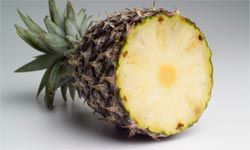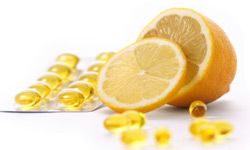Urinary tract infections (UTIs) are the second most common reason people visit their doctors each year. Men get UTIs, but they are much more common in women -- more than eight million women head to their doctor for UTI treatment annually. And 20 percent of these women will get a second UTI.
Advertisement
If you've ever had a UTI, you'll probably never forget the symptoms. It usually starts with a sudden and frequent need to visit the potty. When you get there, you can squeeze out only a little bit of urine, and that's usually accompanied by a burning sensation in your bladder and/or urethra. In more extreme cases you may end up with fever, chills, back pain, and even blood in your urine.
The good news is that there are many home remedies you can try to prevent or remedy a UTI. Go to the next page to learn more.
This information is solely for informational purposes. IT IS NOT INTENDED TO PROVIDE MEDICAL ADVICE. Neither the Editors of Consumer Guide (R), Publications International, Ltd., the author nor publisher take responsibility for any possible consequences from any treatment, procedure, exercise, dietary modification, action or application of medication which results from reading or following the information contained in this information. The publication of this information does not constitute the practice of medicine, and this information does not replace the advice of your physician or other health care provider. Before undertaking any course of treatment, the reader must seek the advice of their physician or other health care provider.



